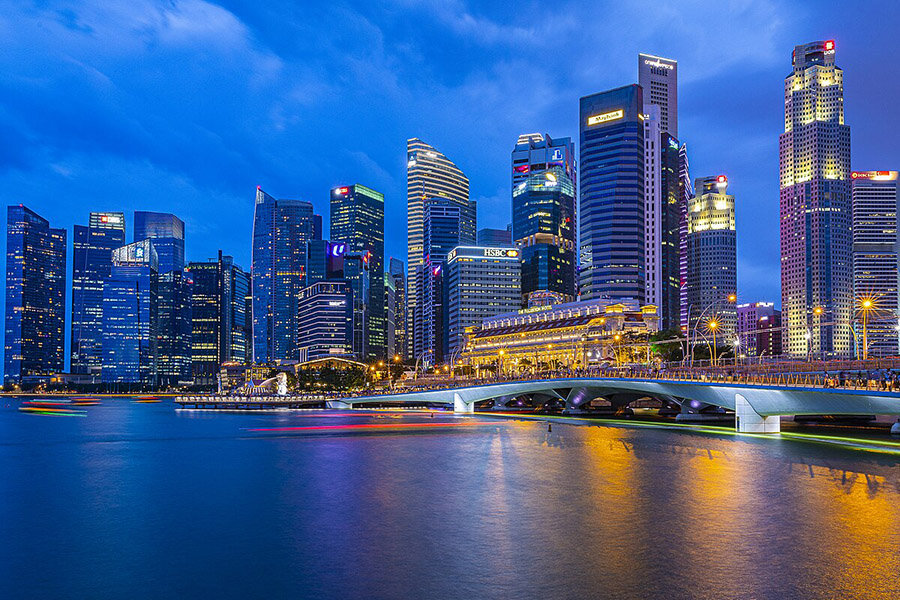Singapore's Housing Market in 2025: Price Growth Slows Despite High Demand

Private home prices in Singapore rose just 0.6% in Q1 2025, significantly lower than analyst expectations and the previous quarter’s jump, according to preliminary data from the Urban Redevelopment Authority (URA), Bloomberg reports.
The modest increase came despite continued high demand for new suburban launches. January and February saw the strongest sales activity in over a decade, surprising experts who expected a more robust price hike following a surge in late 2024—particularly in the new condo segment, which posted a 2.3% quarter-on-quarter increase at year-end.
In December 2024, new private home sales peaked at over 1,400 units—the highest figure since 2013, prompting concerns of overheating. However, slowing growth in the resale market appears to be balancing the equation. Mogul.sg research head Nicholas Mak said the mild increase was "somewhat unexpected" given strong buyer interest in new launches.
According to URA data, the total number of private housing transactions dropped by about 15% quarter-on-quarter. The statistics cover up to mid-March, with full quarterly results set for release on April 25.
Suburban demand remains strong. Lower mortgage rates and more accessible pricing have driven interest, especially in coastal eastern districts, where one plot attracted eight bids from developers. This signals investor and consumer confidence in the market’s medium- and long-term prospects, despite short-term cooling.
Cushman & Wakefield’s regional research head Wong Xian Yang noted that Q1’s softer figures reflect a high base from Q4 2024 and that developers have turned to "competitive pricing strategies" to sustain sales and interest amid rising supply. Some are also redesigning layouts and marketing projects around flexibility and smart-living concepts.
Year-on-year, private home prices are still up 3.1%, reflecting structural resilience in a land-constrained market. Citigroup and Morgan Stanley analysts warn, however, that new government interventions may occur—especially after earlier measures such as the 60% stamp duty on foreign buyers, one of the highest globally.
Singapore’s National Development Minister Desmond Lee said early signs of slowdown are visible in both private and public housing markets. He reaffirmed the government's focus on ensuring sufficient housing supply, particularly for local buyers. Authorities are investing in new HDB projects and adjusting distribution policies to help younger and lower-income Singaporeans buy homes.
Resale HDB prices, where the majority of citizens live, also decelerated—rising 1.5% compared to 2.6% in the previous quarter. Price trends in public and private segments usually mirror each other due to integrated housing policy and market interactions.
Singapore remains one of Asia’s most active housing markets, but years of rapid growth have sparked affordability concerns. With general elections expected by November 2025, housing affordability is becoming a key political issue. While recent data points to a cooldown, analysts suggest the market could rebound if macroeconomic conditions remain stable and suburban demand stays strong. Low interest rates and inflation concerns continue to drive interest in real estate as a safe investment.
Подсказки: Singapore, real estate, housing prices, property trends, URA, Southeast Asia, demand, property cooling, investment








